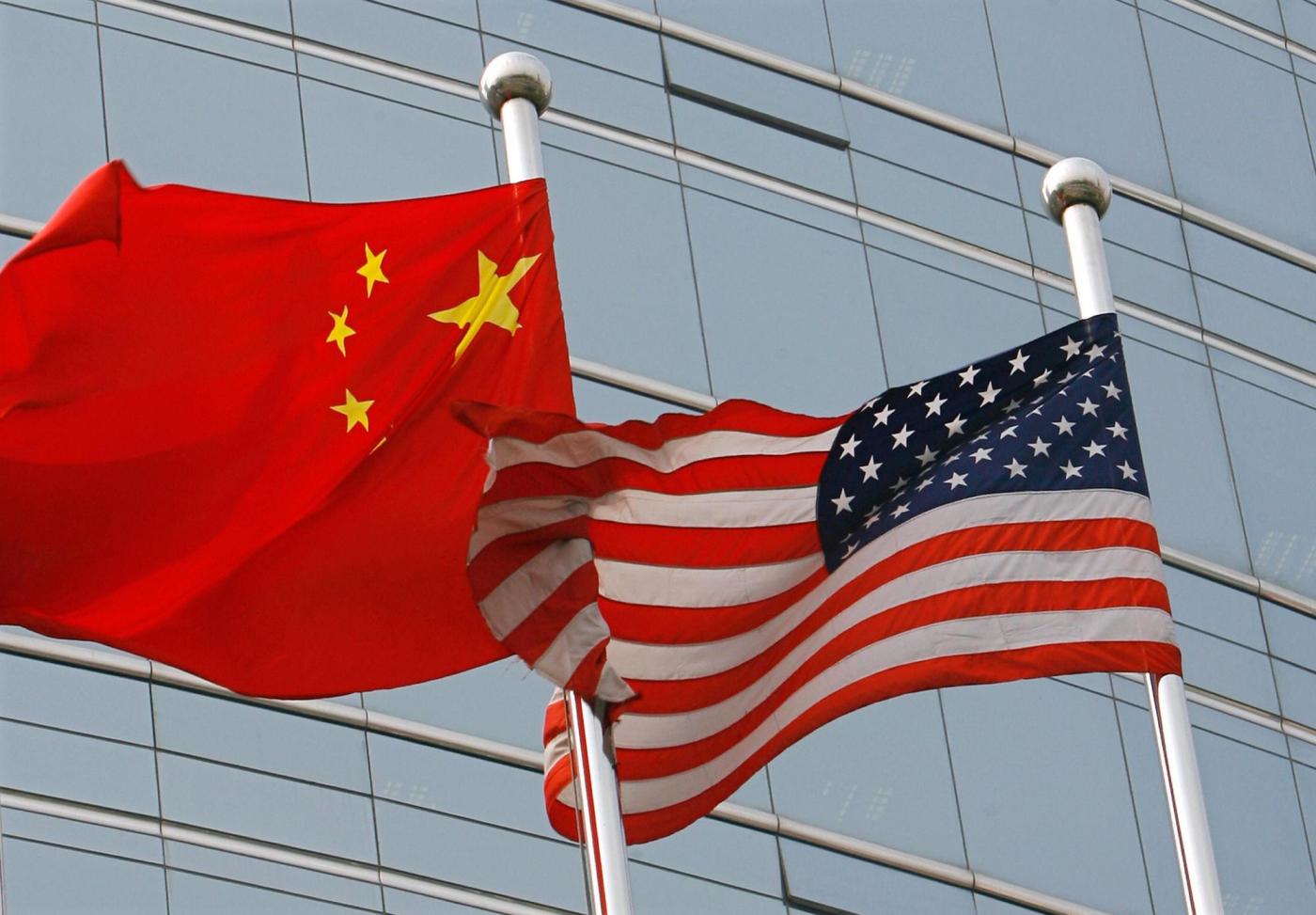By Bloomberg News
China launched two investigations targeting the U.S. semiconductor sector ahead of planned talks between the two nations on trade and other issues.
The Ministry of Commerce said in a statement on Saturday that it’s opened an anti-dumping probe relating to certain American-made analog IC chips, the sort of products sold by Texas Instruments Inc. and Analog Devices Inc. At the same time, the ministry also kicked off an anti-discrimination investigation into U.S. moves against the Chinese chip sector, according to a separate statement.
Related Articles
California Forever: Global electronics giant eyes big proposed Solano County industrial park
Tesla’s China shipments suffer back-to-back drop as rivals gain
Smiles and clasped hands as Xi, Putin and Modi try to signal unity
Modi and Putin affirm special relationship as India faces steep US tariffs over Russian oil imports
Feds say YouTubers’ stings helped dismantle $65 million California fraud ring
The probes come shortly after the U.S. added 23 more China-based companies to its entity list, which imposes restrictions on businesses deemed to be “acting contrary to the national security or foreign policy interests of the U.S.”
China’s public rebuke of U.S. trade measures sets up a tense opening for a multiday meeting between top officials on both sides. U.S. Treasury Secretary Scott Bessent is set to meet with Chinese Vice Premier He Lifeng in Madrid to discuss trade, economic and national security issues. The talks come after months of back and forth on trade negotiations and a pause on the Trump administration’s elevated tariffs on China while the two sides seek to work out a mutually agreeable deal.
Semiconductors have grown into a key ground of contestation, as the U.S. has cut off China’s access to the most advanced artificial intelligence accelerators and used the licensing of some less-powerful Nvidia Corp. hardware as a bargaining chip — though Chinese officials have pushed back and expressed reservations about security risks.
The unsettled state of negotiations has also found expression in China recently making its first use of a so-called anti-circumvention investigation that led to anti-dumping duties on U.S. optical fiber imports. That tool is expected to play a greater role in the future, according to state TV.
“The U.S. has taken a series of prohibitions and restrictions against China in the field of integrated circuits over recent years, including 301 investigations and export control measures,” a commerce ministry spokesperson said in another statement. “Those protectionist practices are suspected of discrimination against China and are a containment and suppression of China’s development of advanced computing chips and high-tech industries such as artificial intelligence.”
Officials at the U.S. Trade Representative and spokespeople for Texas Instruments and Analog Devices did not immediately respond to requests for comment.
Bessent and He’s discussions will cover, among other matters, the status of ByteDance Ltd.’s TikTok, a service that President Donald Trump has estimated could be worth as much as $500 billion to the U.S. TikTok has until next week to reach a deal to ensure it continues operations in the U.S., though such deadlines have already been extended several times this year. Efforts to combat money laundering will also be on the agenda, according to the U.S. Treasury Department.
China said in January that it will investigate allegations the U.S. dumps lower-end chips and unfairly subsidizes its own chipmakers, marking one of Beijing’s strongest retaliatory moves against American technology sanctions. The anti-dumping probe will run for about a year and may be extended by another six months, if needed, while the anti-bias probe usually takes about three months, according to the trade regulator.
©2025 Bloomberg L.P. Visit bloomberg.com. Distributed by Tribune Content Agency, LLC.





